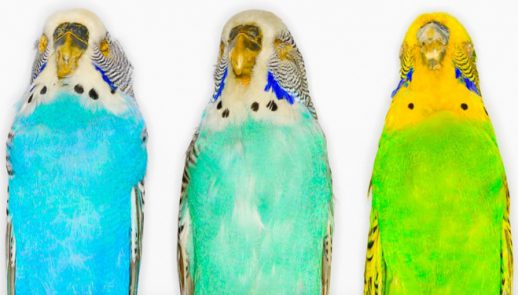Re-making Nature: a weekend of collecting at Wellcome
4 – 7 May 2017 – Wellcome Collection, 183 Euston Road, London NW1 2BE, UK.
Press release:
Wellcome Collection is looking for objects, ideas and stories as part of a summer exhibition that will reveal the many and varied ways that we relate to the natural world in modern life.
Members of the public are invited to bring items that represent their own personal connections to nature over a weekend festival of collecting, talks and activities at Wellcome Collection, with appearances from the BBC’s Springwatch team, 4-7 May 2017. The Re-making Nature weekend will see visitors having their objects captured on camera and recording the unique stories behind them, building up a picture of how the things we keep and use reflect our ideas about the world around us.
A selection of the objects brought in over the weekend will be chosen by curators and guest experts to go on display in a new exhibition at Wellcome Collection, opening 22 June 2017. The exhibition, titled A Museum of Modern Nature, is the culmination of a year-long exploration of our relationship with the natural world. It will examine the idea of a museum of nature in the 21st century, asking what it might contain, what purpose it would serve and whether we should put nature in a museum at all.
This event is FREE. The majority of activities are drop-in, but some talks need booking in advance. Tickets will become available below from 11.00 on Friday 28 April. More information can be found on the Wellcome website.
Exhibition curator Honor Beddard says: “Nature means different things to different people. We’re excited to shine a light on the everyday objects in our homes and daily lives, asking what these can tell us about nature and how this connects to the bigger picture of the health of our planet. We hope that the objects and stories that are selected for A Museum of Modern Nature will be surprising, moving, funny and perhaps sad, and that ultimately they reveal a modern story of nature as told by the public.”
